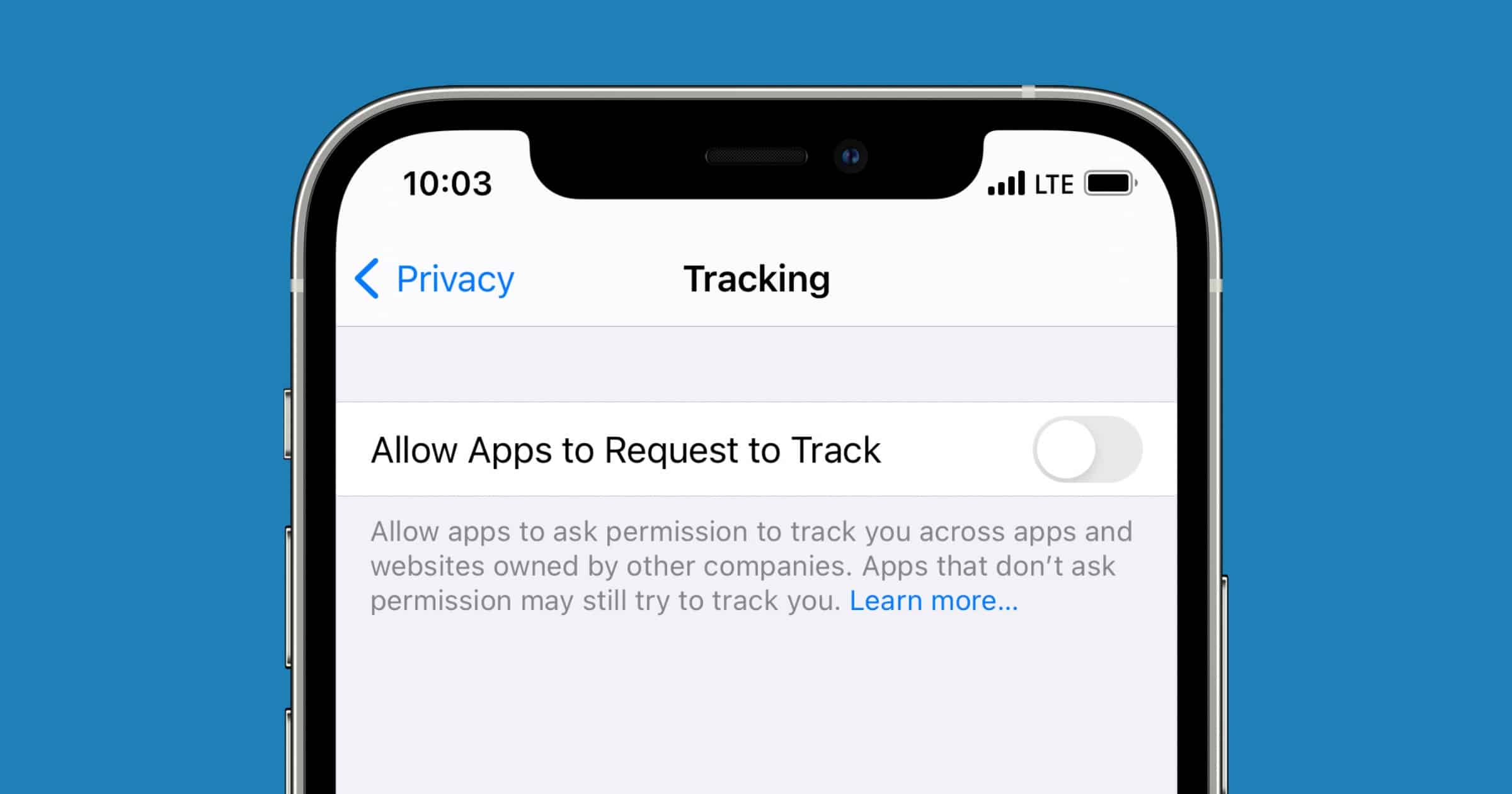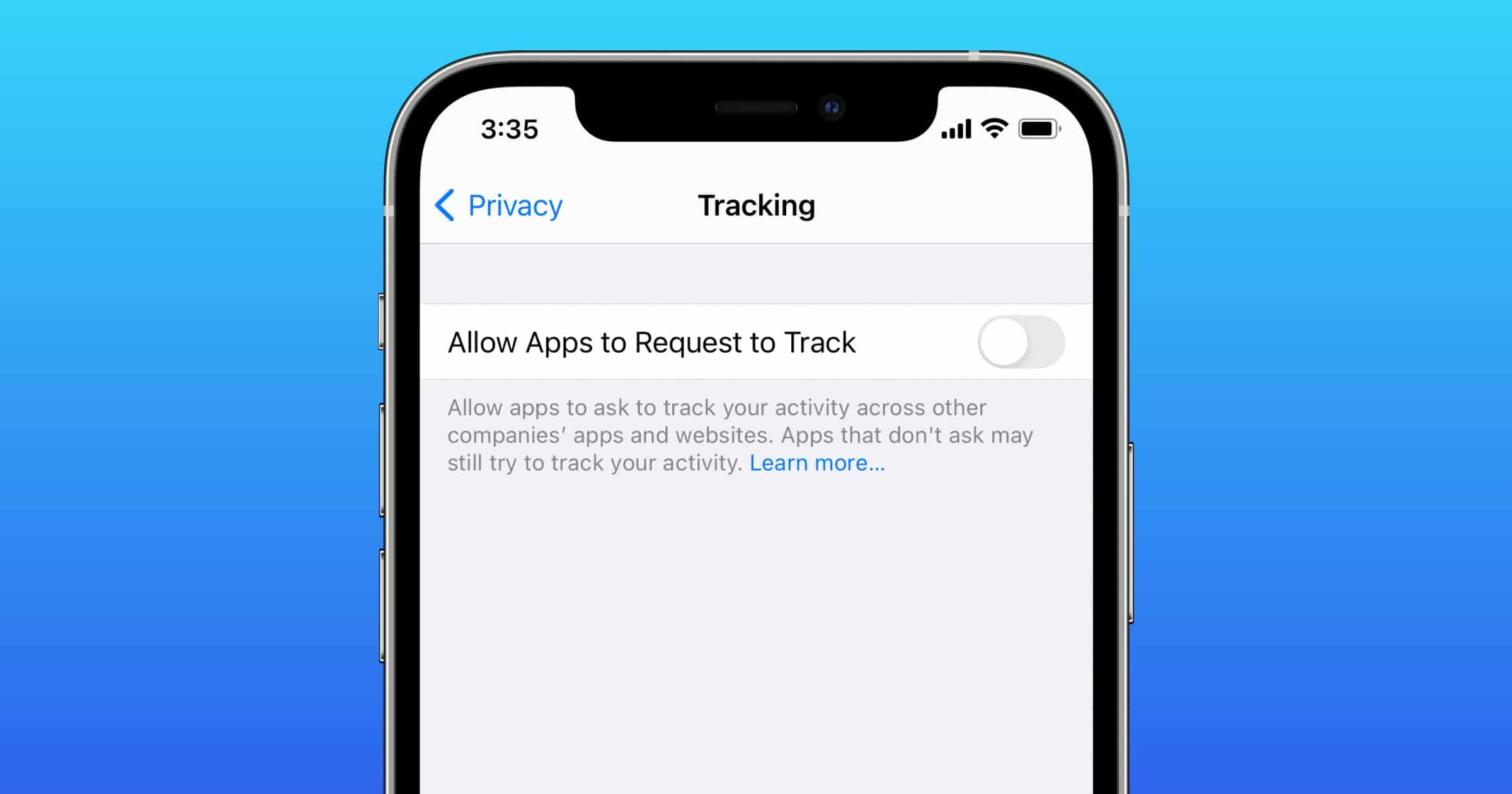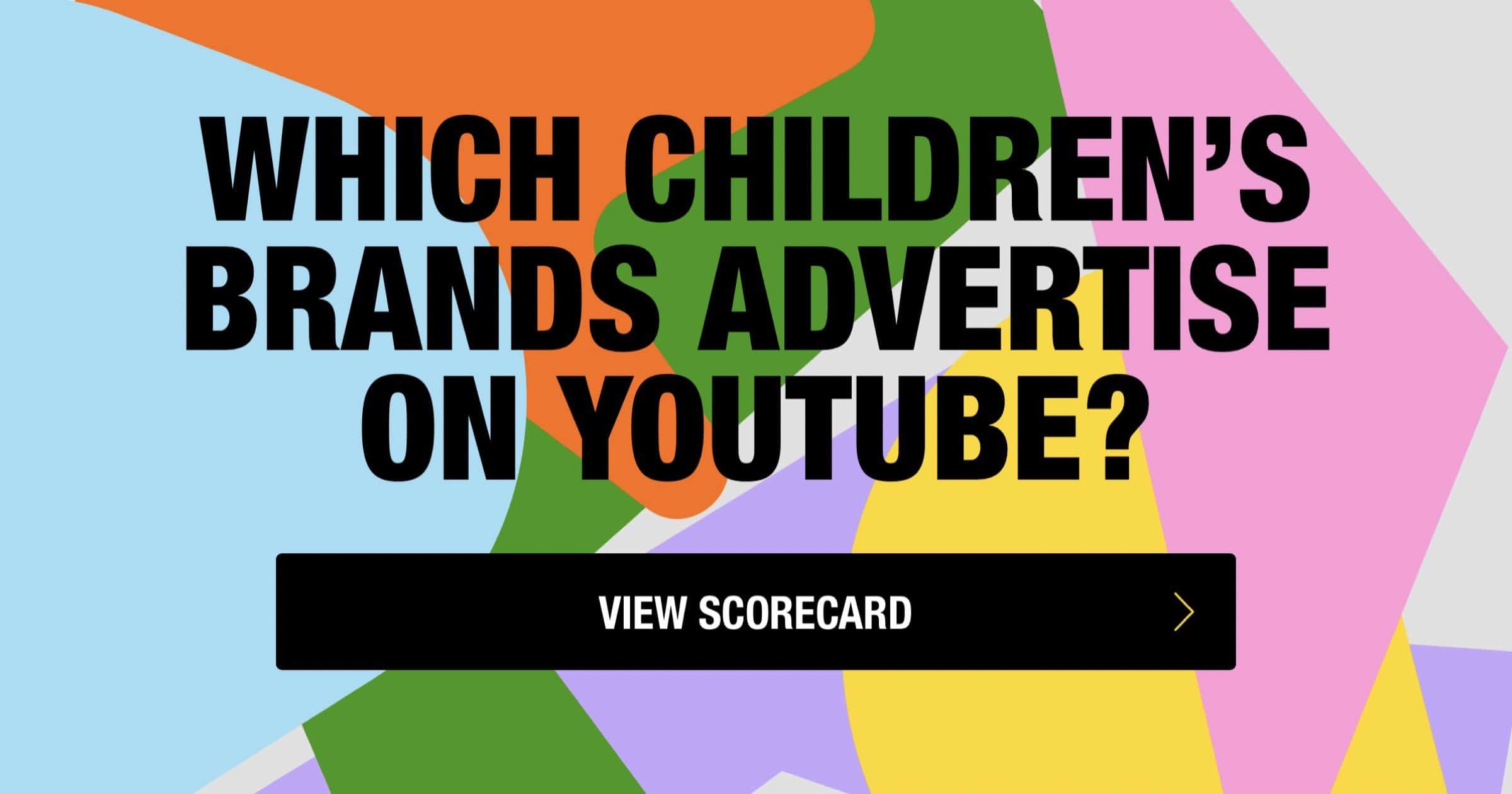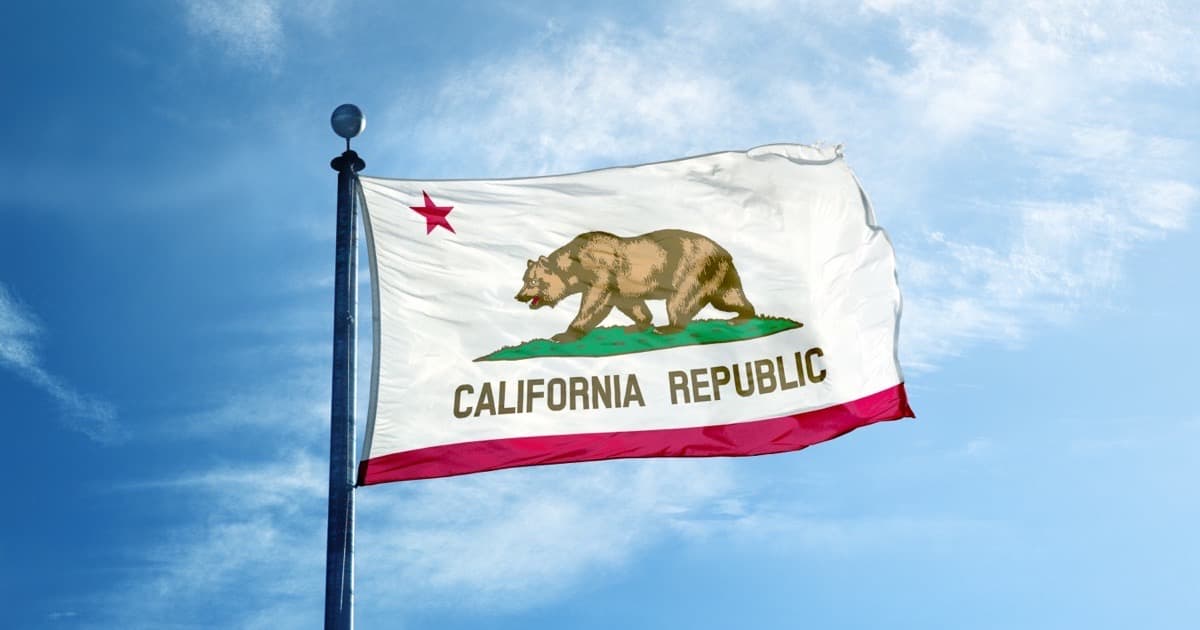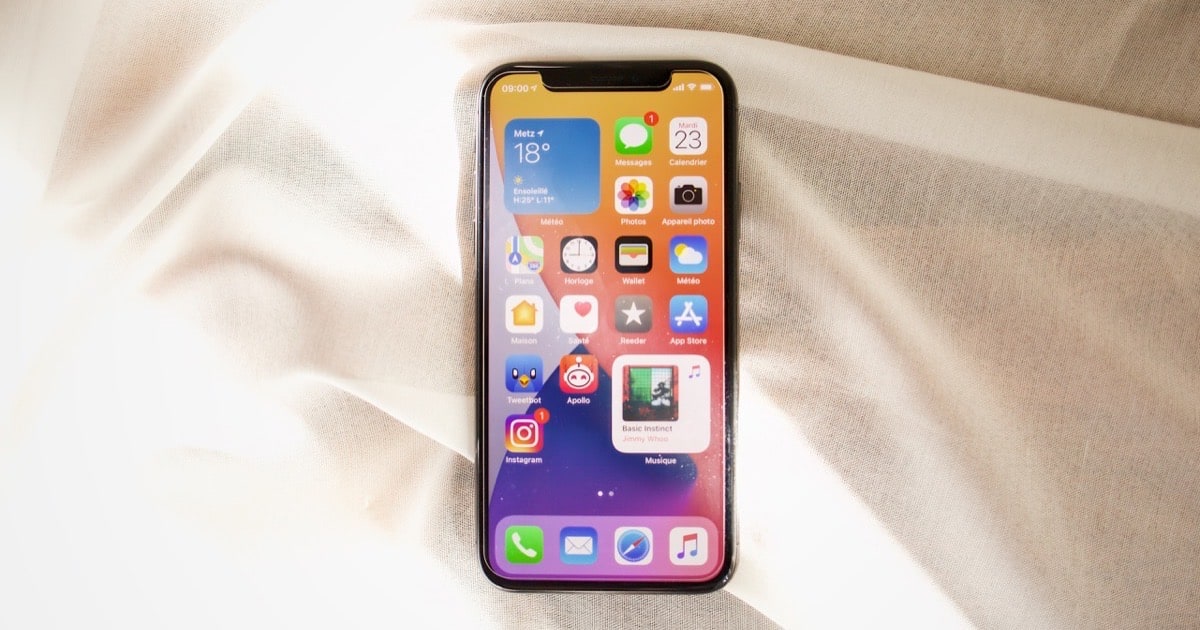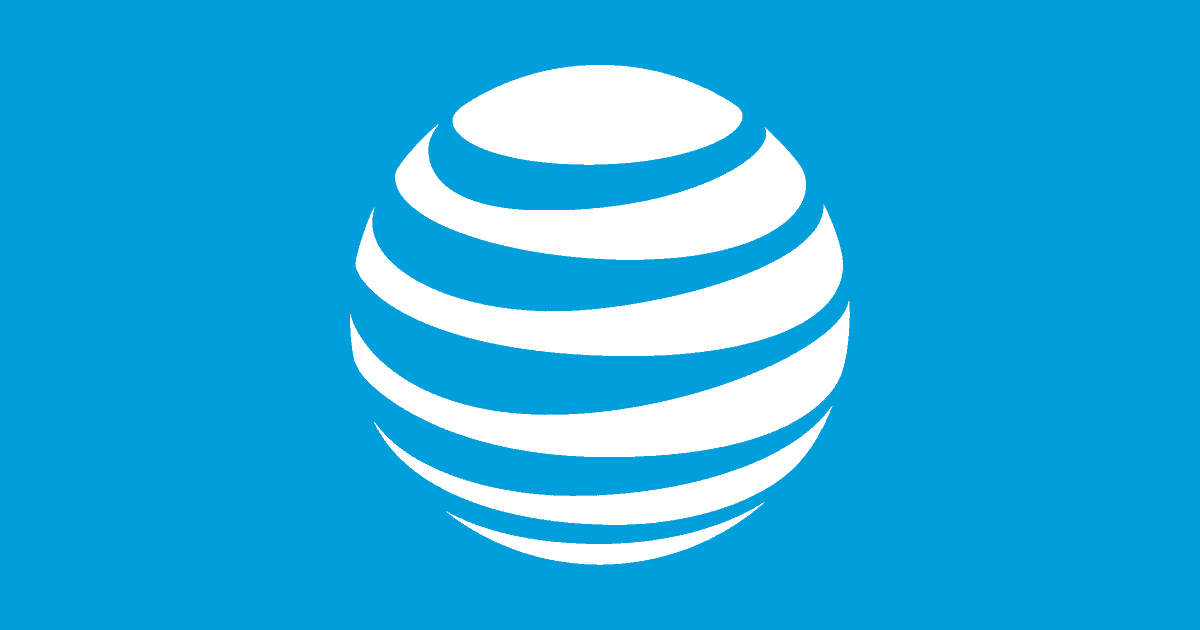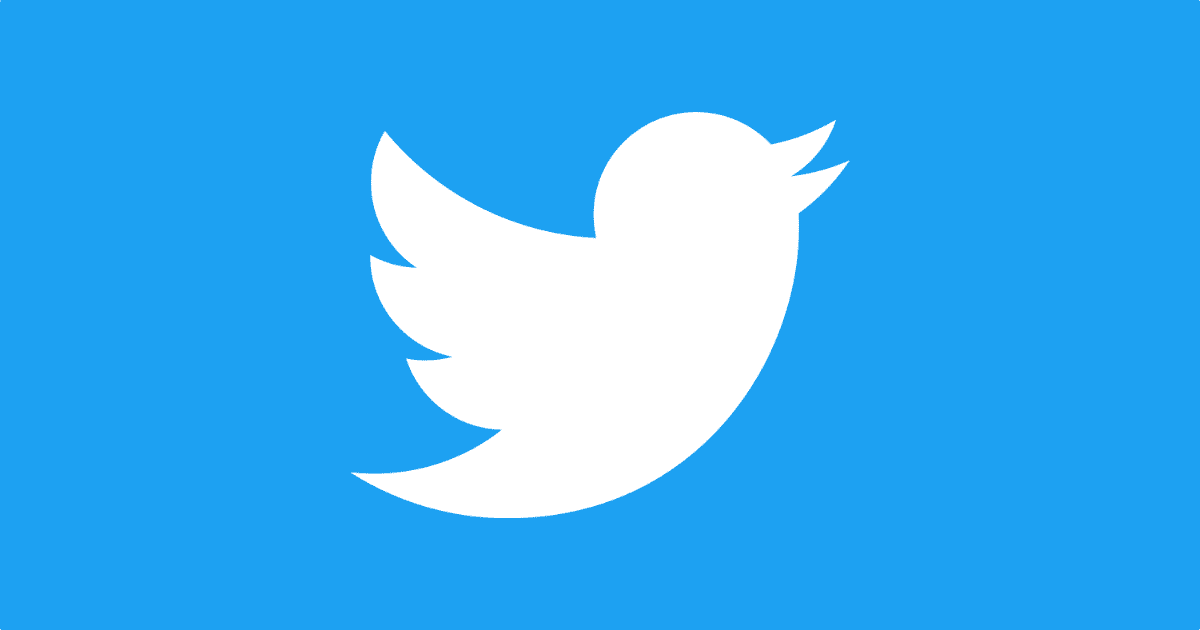In response to an iOS 14 feature that makes developers ask user consent to use their data, Facebook wants to remind people just how beleaguered it really is.
In the post, Facebook says that if users accept the prompts for Facebook and Instagram, the ads you see on those apps won’t change. “If you decline, you will still see ads, but they will be less relevant to you.” The tech giant notes that Apple has said that providing education about its new privacy changes is allowed.
To me, the most offensive part about this isn’t Facebook pretending to care about “businesses other than itself that rely on ads to reach products customers.” It’s how it says “This won’t give us access to new types of information.”

